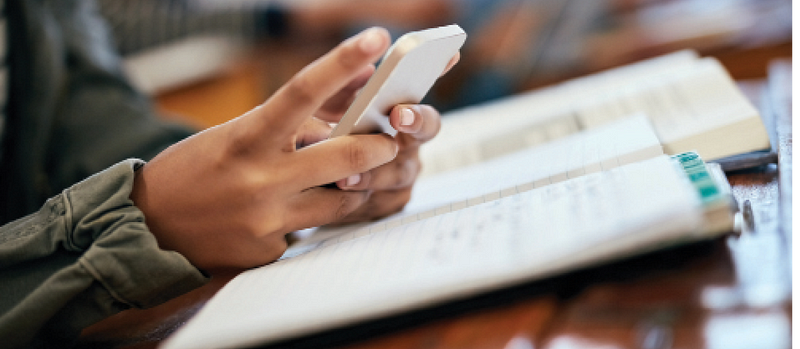A Word from the Legal Team on BYOD School Policy
Students, their devices, and policies that keep the peace.

Many public school systems have permitted students to bring their own devices and cell phones to school for use in the classroom. It’s a great way to maximize resources especially in cash-strapped districts.
But the headaches for educators may outweigh the benefit when there is no policy or one isn’t enforced. Every educator has experienced a student using their mobile phone to share academic and non-academic content, whether a more typically benign distraction or sometimes something as serious as pornography. The bottom line is that it’s up to educators to ensure that students’ use of mobile devices complies with existing policy.
Remember: schools are drug-free zones and that makes the possession of marijuana on school property illegal in any…mseanewsfeed.com
Most policies prohibit students from taking photos or making recordings unless there is an authorized accommodation, but we all know videos of educators in the classroom appear regularly on social media — usually unflattering ones. When this happens, educators must rely on the administration to impose appropriate disciplinary consequences since there is no expectation of privacy in the classroom. In other words, it is not illegal for the student to video or audio record an educator, but it is a violation of school policy.
If your school or district doesn’t have a strong policy, it’s up to you to establish very clear rules and expectations regarding the use of mobile devices in the classroom, such as setting times when phones may be out and in use.
A word of caution: once you take possession of a student’s phone, you are financially responsible if it is lost or stolen. Better to send the student to the office where administration can hold the student’s phone for violation of the policy.
If you have questions about the use of mobile devices in your classroom, please contact your local UniServ director.

